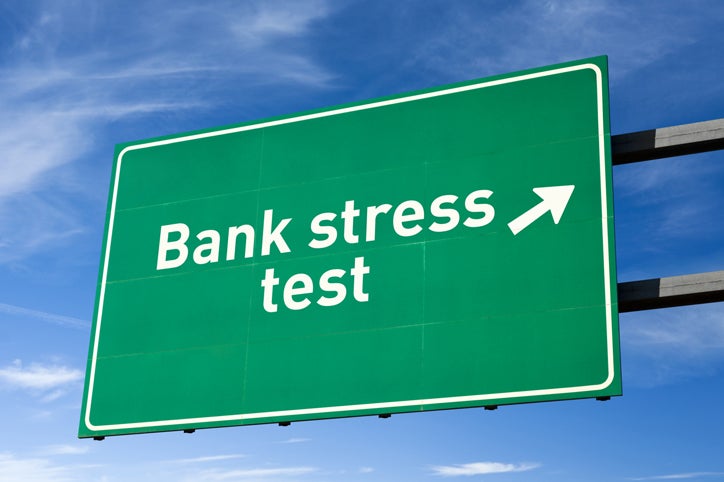
Italy’s Banca Monte dei Paschi di Siena (MPS) has emerged as the worst performer in an EU-wide stress tests.
The stress test found that the entire capital of MPS will be wiped out under a severe economic downturn.

Access deeper industry intelligence
Experience unmatched clarity with a single platform that combines unique data, AI, and human expertise.
The report came a day after UniCredit announced that it has started talks to acquire the troubled lender.
Under the worst-case scenario, MPS’ core capital ratio will drop to -0.1% that will render it insolvent.
EU stress tests: Details
The European Banking Authority (EBA)’s stress test included 50 banks from 15 EU and EEA countries. These financial institutions encompass around 70% of the EU banking sector assets.
The test simulated a prolonged Covid-19 scenario in a ‘lower for longer’ interest rate environment.

US Tariffs are shifting - will you react or anticipate?
Don’t let policy changes catch you off guard. Stay proactive with real-time data and expert analysis.
By GlobalDataUnder the very severe scenario, the sector will stay above a Common Equity Tier 1 (CET1) ratio of 10% despite a capital depletion of €265bn. The test did not have a defined pass or fail threshold.
In a statement, EBA said: “Under the adverse scenario, the EU banking system as a whole would see its CET1 reduced by 485 bps on a fully loaded basis (497 bps on a transitional basis) after three years, while staying above 10%.
“The results also show dispersion across banks. For instance, those banks more focused on domestic activities or with lower net interest income (NII), display a higher depletion.”
This stress test was initially scheduled for 2020 but was postponed by one year due to Covid-19.
How other banks performed?
Besides MPS, HSBC’s French arm was also among the worst performers. Last month, HSBC signed a deal to sell its French business to Cerberus-backed My Money Group. The performance of Deutsche Bank and Societe Generale were also below average.
According to a Reuters report, Sweden’s banks were among the best performers.







